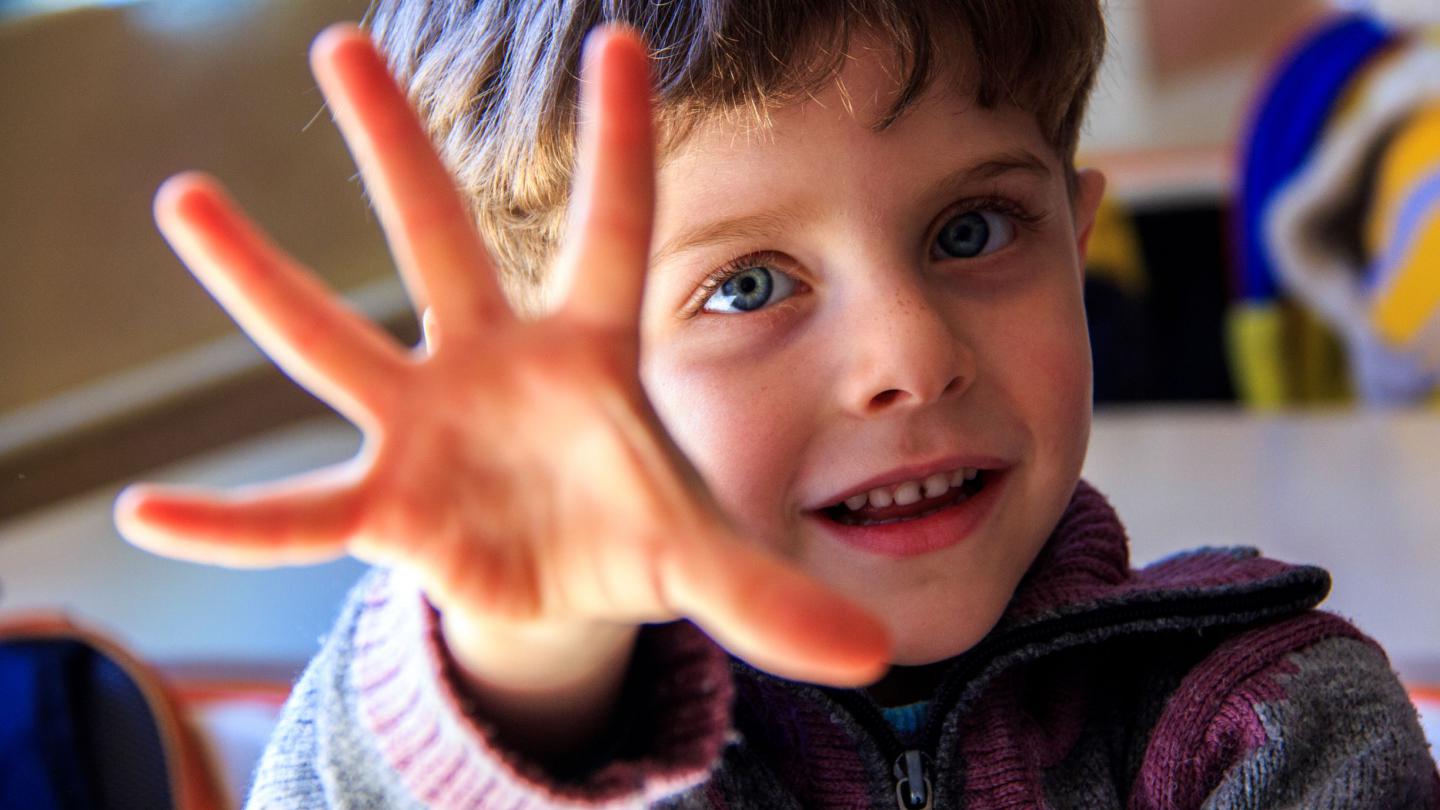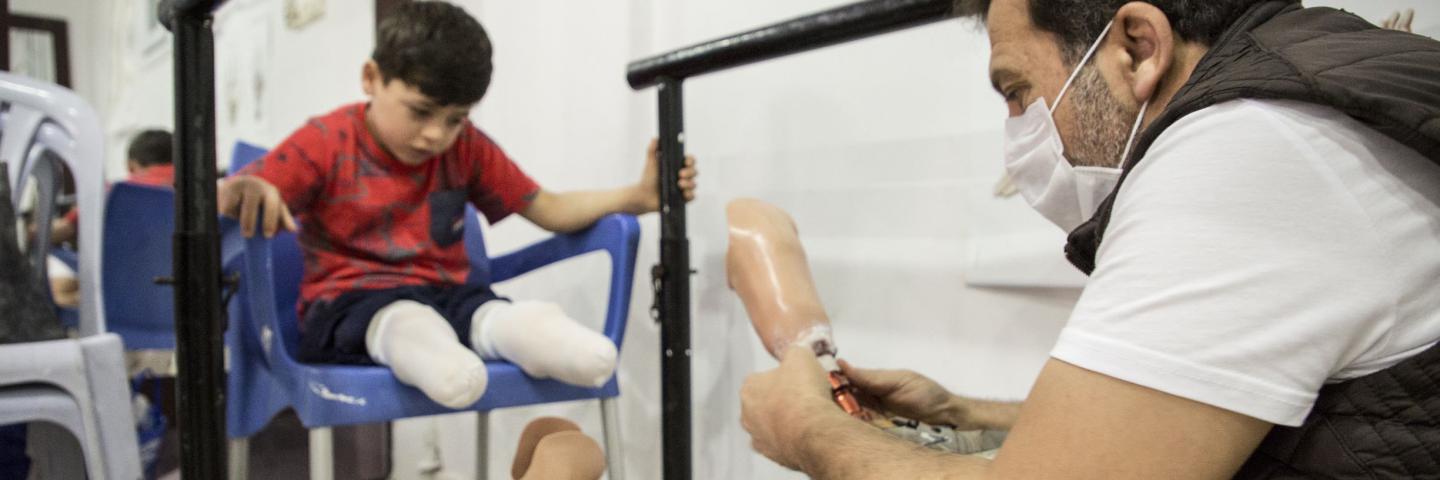
On February 6, 2023, two major earthquakes - measuring 7.8 and 7.7 magnitude - struck southern Türkiye just nine hours apart. The catastrophic earthquakes directly impacted 11 provinces, displacing 3 million people. Most survivors now reside in temporary shelters such as tents and containers sites. Over 9 million people require aid, including 2.5 million vulnerable children.
Months after the earthquakes, there remains an urgent, ongoing need for basic services and supplies. Many still lack access to shelter, food, hygiene facilities and other basics. The earthquakes disrupted education for nearly 4 million children, including refugee and migrant children, worsening existing challenges.
Save the Children has been working with the Government of Türkiye and our partnersto deliver assistance to thousands of earthquake-affected children and their families, while also contributing to long-term recovery.
Türkiye hosts more refugees than any other country in the world. Over 4 million refugees currently reside in Türkiye, predominantly from Syria, Afghanistan, Iraq and Iran. While the government has provided vital temporary protection, these populations are particularly vulnerable, as they are more likely to live in poverty and face challenges accessing basic services. Further compounding the situation, over 1.7 million refugees were living in the earthquake-affected area, leaving them at acute risk of hardship and displacement in the aftermath. Save the Children aims to ensure all children in Türkiye survive, learn, and are protected.
Levent Mahallesi,
Sülünlü Sokak,
No.7,
Beşiktaş / Istanbul
info.turkey@savethechildren.org
Tel: +90 212 3300558
